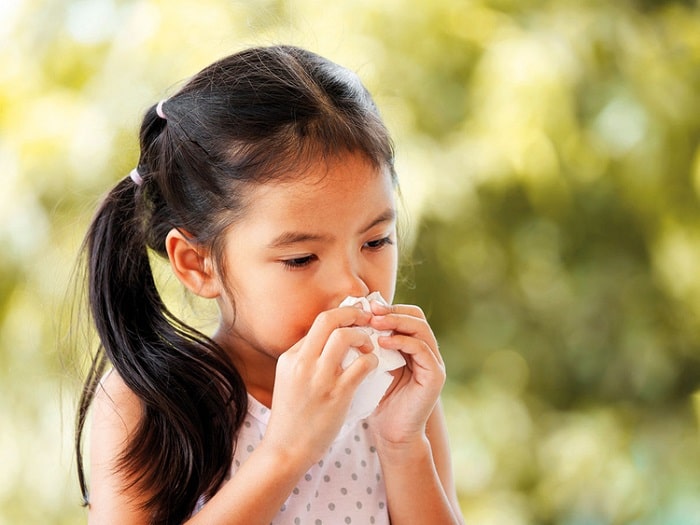
Dust allergy, also known as dust mite allergy, is a common allergic reaction to microscopic organisms called dust mites. Dust mites are tiny insects that thrive in warm and humid environments, commonly found in household dust. When individuals with a dust allergy are exposed to dust mites or their waste particles, they may experience a range of symptoms. These can include sneezing, a runny or stuffy nose, itchy or watery eyes, coughing, wheezing, chest tightness, and in some cases, skin rashes.
Dust mites are commonly found in bedding, mattresses, pillows, upholstered furniture, carpets, and other soft furnishings. Taking steps to reduce exposure to dust mites, such as regular cleaning, using allergen-proof covers for bedding, and maintaining a clean and well-ventilated living environment, can help manage dust allergies. If symptoms persist or worsen, it is advisable to consult a healthcare professional for appropriate diagnosis and treatment options.
Homeopathy offers a safe, rapid, and permanent cure for dust allergies. Made from natural substances, it stimulates the immune system without toxic side effects. It effectively prevents recurrent episodes and is suitable for all ages, with specific medicines tailored to individual causes and symptoms.
At Wellness Homeo Clinic International, Constitutional Homeopathy treatment effectively cures dust allergies by addressing the root cause. It is safe, side-effect-free, suitable for all ages, and improves overall well-being by controlling symptoms and discomfort.
Dust allergies can cause a range of symptoms, which may vary in severity from person to person. Here are some common symptoms associated with dust allergies:
Dust allergies are commonly caused by the presence of specific allergens found in dust particles. These allergens can trigger an immune response in individuals who are sensitive or allergic to them. Here are the main causes of dust allergies:
When your immune system responds to a foreign substance from the external environment, it leads to an allergic reaction.
Common allergens encompass a range of substances that frequently trigger allergic reactions. These include dust mites, mold or mold spores, pollen, animal dander, cockroaches, peanuts, milk, eggs, latex, and penicillin.
Allergic rhinitis (hay fever), asthma, allergic dermatitis (eczema), contact dermatitis, food allergy, and urticaria (hives) are among the most prevalent allergic conditions.
The development of allergic diseases has a genetic component. If one parent has an allergic disease, there is an estimated 48% risk of the child developing allergies. However, if both parents have a history of allergies, the child's estimated risk increases to 70%.
Typically, the pattern is reversed. Allergies, especially environmental ones, often develop as individuals grow older. While some children may outgrow food allergies through prolonged avoidance of the allergen, it is common for around half of young children who outgrow asthma to experience a recurrence of symptoms later in life.